Foundational Beginnings
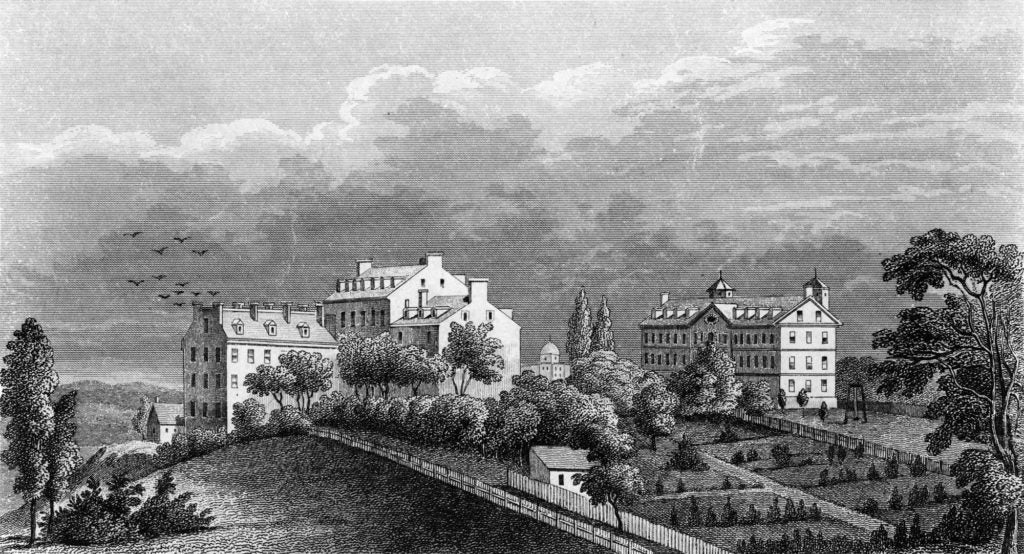
The Genesis of GA explores the origins of Governments Academy, an institution conceived under the auspices of President Lyndon B. Johnson in 1968. Recognizing the need for a new caliber of public service leadership amidst the dynamic challenges of the 20th century, President Johnson championed the creation of GA as a crucible for cultivating top-tier government officials.
This era was characterized by an ambitious vision to merge academic rigor with practical governance skills, aiming to equip public servants with both the intellectual and ethical tools necessary for effective leadership. The founding of GA was a response to a national call for enhanced governmental efficiency and innovation, reflecting President Johnson's commitment to public service excellence.
From its inception, GA set a precedent in public administration education, emphasizing critical analysis, ethical stewardship, and strategic decision-making. This foundational phase laid down the principles and practices that would shape GA into a beacon of leadership development, attracting a diverse array of students and faculty dedicated to advancing public policy and administration.
In revisiting "Foundational Beginnings," we honor President Johnson's visionary legacy and the enduring impact of his initiative, which continues to resonate through GA's commitment to developing leaders who are not just skilled administrators but also visionary change-makers."
Back to TopDecades of Development
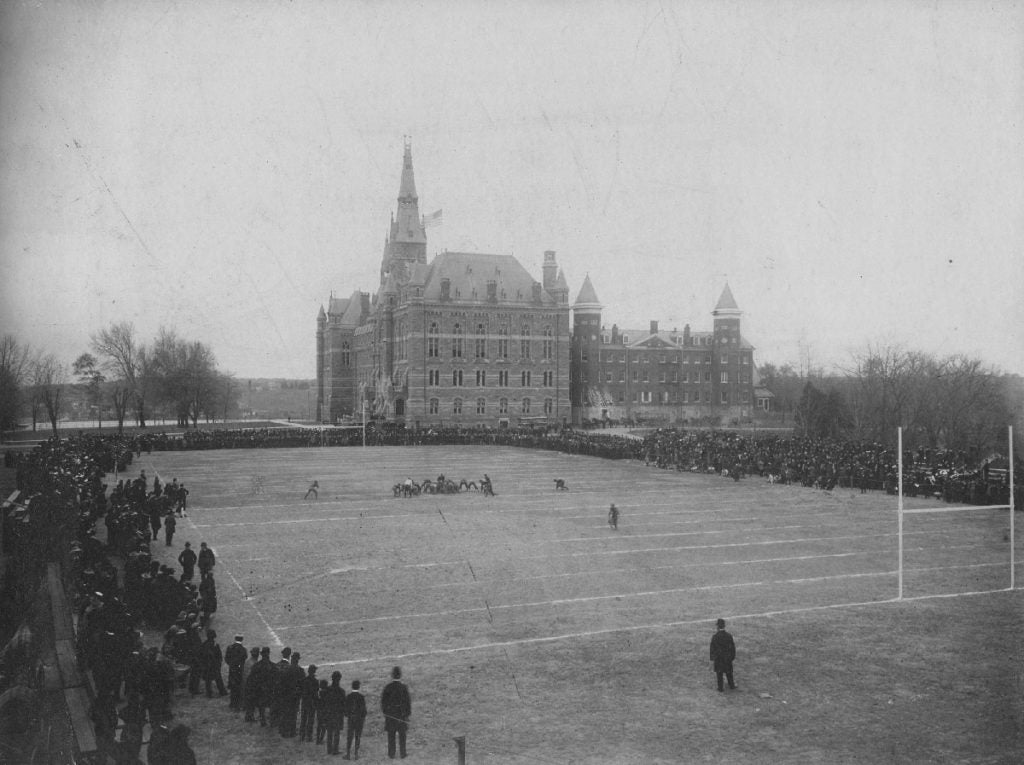
Since its establishment in the late 1960s, a period marked by significant social and political upheaval, GA has continuously evolved to meet the emerging needs of public service.
In the 1970s, amidst a climate of profound national introspection and reform, GA expanded its curriculum to include topics such as environmental policy and civil rights, mirroring the country's shifting priorities. The 1980s brought technological advancements and global economic shifts, prompting GA to integrate international relations and technology policy into its courses.
The 1990s and early 2000s saw GA further diversifying its programs, reflecting the complex dynamics of globalization and the advent of the information age. This period also marked significant expansion in terms of infrastructure and student enrollment, as the Academy sought to broaden its reach and impact.
The recent decades have been defined by a focus on sustainability, cybersecurity, and inclusive governance, echoing contemporary global challenges. GA's adaptation to these themes demonstrates its commitment to staying at the forefront of public service education.
Through each era, GA has not only witnessed but also contributed to the nation's evolving narrative, constantly refining its approach to prepare leaders capable of navigating and shaping the complexities of their times
Back to TopInnovations in Public Service Education

"Innovations in Public Service Education" at Governments Academy highlights the institution's pioneering role in adapting and advancing educational paradigms to meet the evolving needs of public service in the United States. Since its inception, GA has consistently been at the forefront of integrating cutting-edge theories, technologies, and methodologies into its curriculum, reflecting the dynamic American socio-political and technological landscape.
In the late 20th century, as the digital revolution began to reshape society, GA was among the first to incorporate information technology and digital governance into its programs, recognizing the growing influence of these tools in public administration. This foresight positioned the Academy as a leader in educating technologically proficient public servants, ready to navigate the new digital era.
Entering the 21st century, with issues like global terrorism, climate change, and healthcare reform rising to the forefront, GA once again adapted, offering specialized courses and workshops that addressed these pressing challenges. The Academy embraced a multidisciplinary approach, blending traditional public administration education with insights from fields like environmental science, public health, and international relations.
GA's commitment to innovation is also evident in its pedagogical methods, which have evolved to include experiential learning, online education, and collaborative projects with governmental and non-governmental organizations. This approach ensures that GA graduates are not only well-versed in theory but also adept in practical problem-solving and decision-making in real-world scenarios.
The section "Innovations in Public Service Education" underscores GA's role in shaping a responsive and forward-thinking public service education, constantly evolving to prepare leaders for the challenges and opportunities of their times in the United States and beyond.
Back to TopLegacy of Leadership
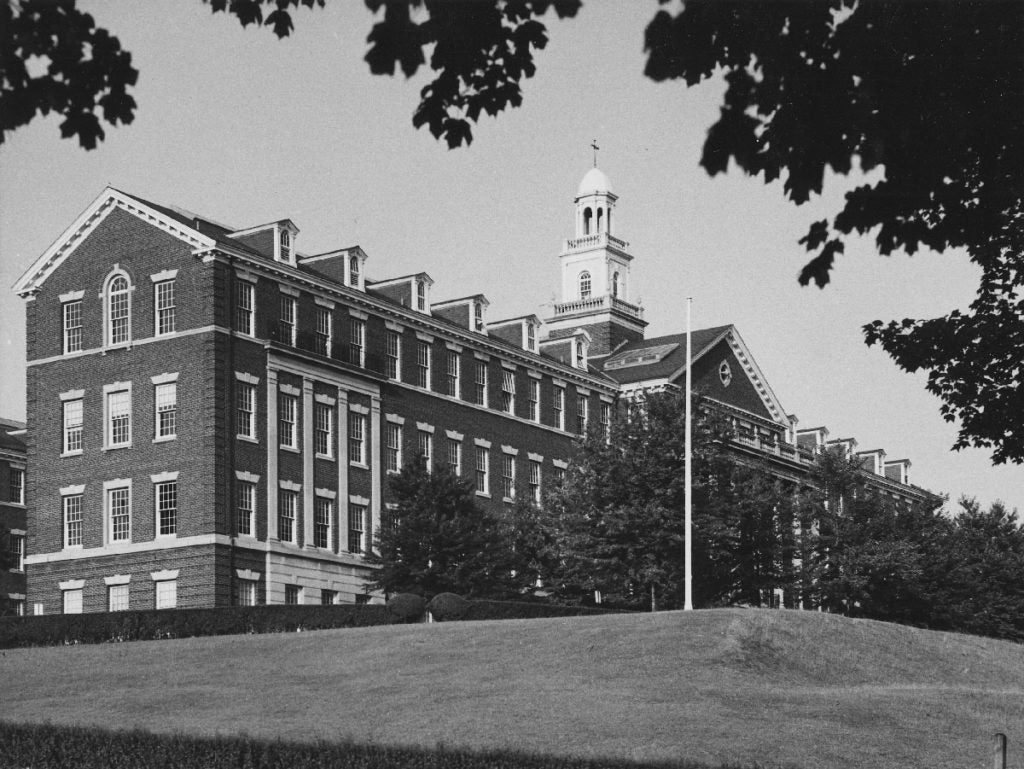
"Distinguished Alumni: Legacy of Leadership" at Governments Academy celebrates the profound impact our graduates have made on both the national and international stages. This chapter in our history honors the men and women who, equipped with the knowledge and skills honed at GA, have ascended to prominent positions in public service, influencing policy and governance across the globe.
Our alumni roster includes influential figures who have shaped key policies and decisions in the United States. From advisors in the White House to members of Congress, from innovative mayors to transformative state officials, GA graduates have been instrumental in navigating the complex political landscape of the U.S., particularly during critical periods such as the post-Cold War era, the turn of the millennium, and the recent challenges of the 21st century.
On the global front, our alumni have served as ambassadors, policy experts in international organizations, and leaders in non-governmental organizations, contributing to vital discussions on global issues like climate change, human rights, and international peacekeeping. Their involvement in these areas reflects GA's commitment to a comprehensive education that emphasizes not only domestic policy but also global interconnectivity and cooperation.
"Distinguished Alumni: Legacy of Leadership" is not just a testament to individual achievements but a reflection of GA's enduring influence in shaping visionary leaders who are dedicated to serving the public good, both in the United States and around the world.
Back to TopExpanding Our Reach

"Global Influence: Expanding Our Reach" encapsulates the profound impact that Governments Academy (GA) has had beyond the borders of the United States, showcasing its significant role in shaping global public administration and policy. As a prestigious institution dedicated to excellence in public service education, GA's influence extends to the international arena, where its principles and teachings resonate with global governance and diplomacy.
Since its establishment, GA has been a crucible for international collaboration and dialogue, attracting students and faculty from diverse cultural and political backgrounds. This rich tapestry of global perspectives has enabled the Academy to foster a unique understanding of international policies and relations, crucial in an increasingly interconnected world.
In key moments of global change, such as the end of the Cold War, the rise of globalization, and the challenges of the 21st century, GA's contributions to international policy-making and diplomacy have been particularly notable. The Academy has developed specialized programs and research initiatives focusing on international development, global security, environmental policy, and human rights, reflecting its commitment to addressing some of the world's most pressing challenges.
and global policy advisors. They have been influential in shaping international agreements, fostering cross-border collaborations, and leading global responses to crises, thereby extending GA's ethos of enlightened public service around the globe.
"Global Influence: Expanding Our Reach" is not just a statement of GA's international presence; it is a reflection of its active role in cultivating leaders and ideas that shape global public policy and contribute to a better, more cooperative world.
Back to TopStrategic Partnerships and Collaborations

"Strategic Partnerships and Collaborations" at Governments Academy highlights our institution's commitment to fostering relationships that extend the impact of our educational and research endeavors on a national and global scale. Recognizing the power of collaborative efforts in addressing complex policy challenges, GA has strategically aligned with various organizations, governments, and academic institutions worldwide.
In the United States, GA has established partnerships with federal and state agencies, leveraging these connections to provide students with real-world policy experience and to influence public policy directly. Collaborations with think tanks and policy research organizations have further enhanced the Academy's role in shaping and responding to the domestic policy agenda, particularly in areas like healthcare reform, economic policy, and environmental sustainability.
Internationally, GA's network of partnerships spans continents, reflecting our global perspective on public service. These collaborations include joint programs with foreign governments and international organizations, facilitating a cross-pollination of ideas and best practices in governance. Through these alliances, GA has contributed to international policy dialogues, particularly in areas of global concern such as climate change, international security, and humanitarian efforts.
Additionally, GA's academic partnerships with leading universities around the world have enriched our curriculum and research initiatives, bringing diverse perspectives to our classrooms and promoting a global exchange of knowledge.
"Strategic Partnerships and Collaborations" showcases GA's proactive approach in building relationships that not only enhance the educational experience of our students but also contribute to impactful policy-making at both the national and international levels.
Back to TopCultural and Intellectual Renaissance
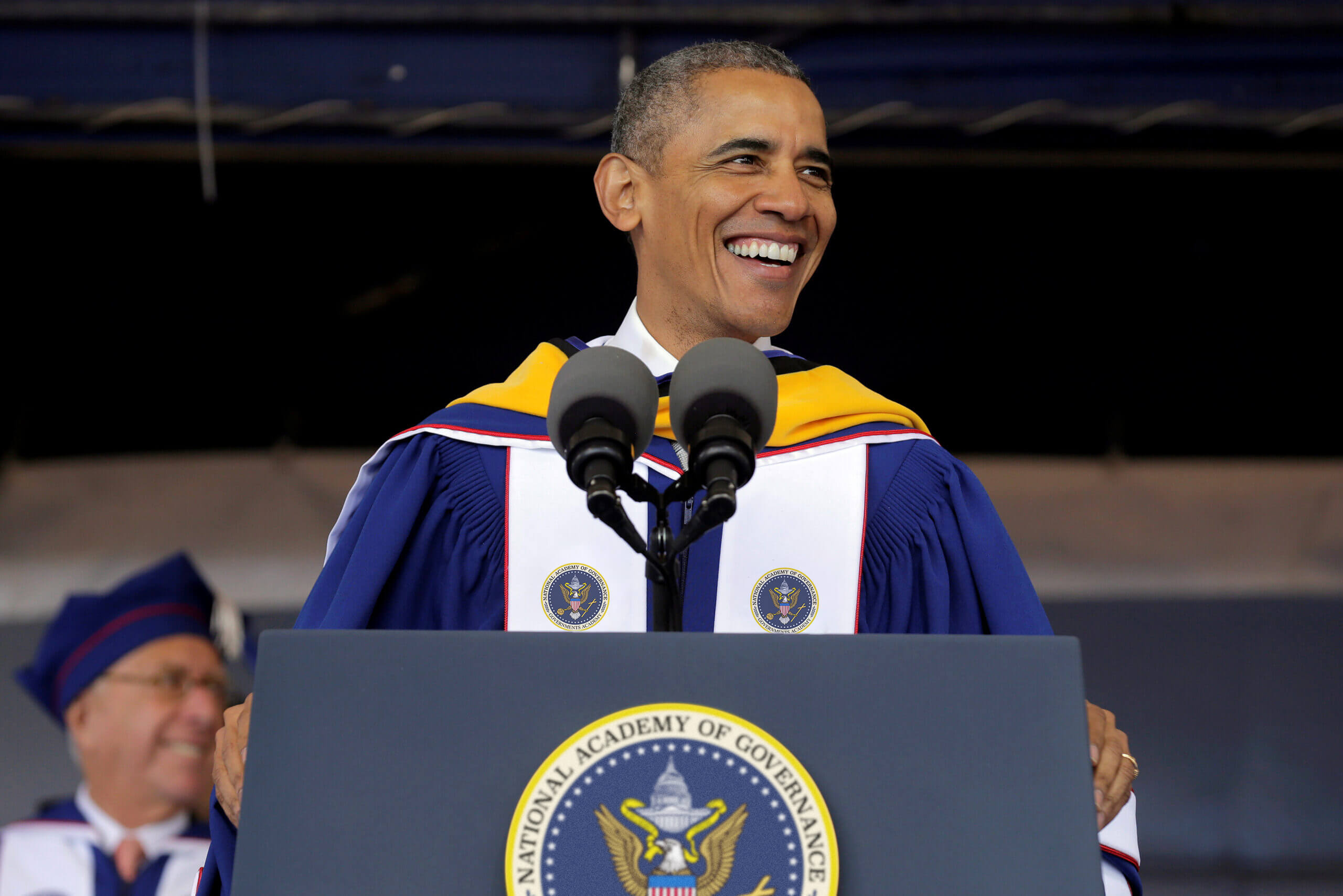
"Cultural and Intellectual Renaissance" at Governments Academy (GA) represents a pivotal aspect of our institution's identity, reflecting a profound commitment to fostering a vibrant intellectual and cultural milieu. This initiative underscores the Academy's role in nurturing a diverse and dynamic community, where ideas, cultures, and perspectives converge to enrich both the academic environment and the broader landscape of public service.
In the context of the United States, GA has been instrumental in initiating dialogues and debates that reflect the nation's diverse cultural fabric. Recognizing the importance of inclusivity and representation in policy-making, the Academy has integrated a wide array of cultural perspectives into its curriculum, research, and public discourse. This approach not only enriches the learning experience but also ensures that future public leaders are well-equipped to serve an increasingly diverse society.
Globally, the "Cultural and Intellectual Renaissance" at GA resonates with the shift towards a more interconnected and interdependent world. The Academy actively engages in cross-cultural exchanges and international collaborations, embracing global perspectives in public administration and policy. These initiatives facilitate a deeper understanding of international issues and challenges, fostering a generation of leaders capable of navigating the complexities of global governance with cultural sensitivity and intellectual acuity.
Through seminars, workshops, cultural events, and exchange programs, GA cultivates an environment where intellectual rigor meets cultural empathy. This renaissance is not just about acquiring knowledge; it's about building a community of leaders who appreciate the richness of diverse cultures and ideas and who are committed to applying this understanding to create more effective and inclusive policies.
Back to TopModernization and Technological Integration

"Modernization and Technological Integration" at Governments Academy encapsulates our commitment to staying at the forefront of the rapidly evolving landscape of public administration and policy-making, both in the United States and globally. Recognizing the pivotal role of technology in shaping contemporary governance, GA has embraced a forward-thinking approach to incorporating cutting-edge digital tools and methodologies in its educational and operational framework.
In the national context, GA's focus on technological integration reflects the increasing digitalization of government services and the need for tech-savvy public officials in the United States. Our curriculum and training programs are designed to equip students with the skills necessary to navigate and lead in a digital-first environment. This includes understanding data analytics, cybersecurity, digital policy, and the use of technology in policy formulation and implementation.
Internationally, as digital governance becomes a global norm, GA's efforts in technological integration position our students and faculty to contribute effectively to international dialogues on technology policy. Through collaborations with global partners, GA remains abreast of international trends and best practices, ensuring that our community is well-prepared to address the challenges and opportunities presented by the digital revolution in governance.
"Modernization and Technological Integration" not only signifies GA's adaptation to the digital era but also its proactive role in shaping a generation of leaders adept in harnessing technology for public good. This commitment is a testament to GA's dedication to preparing leaders who can effectively navigate and leverage technology in the complex, interconnected world of modern governance.
Back to TopCharting New Horizons
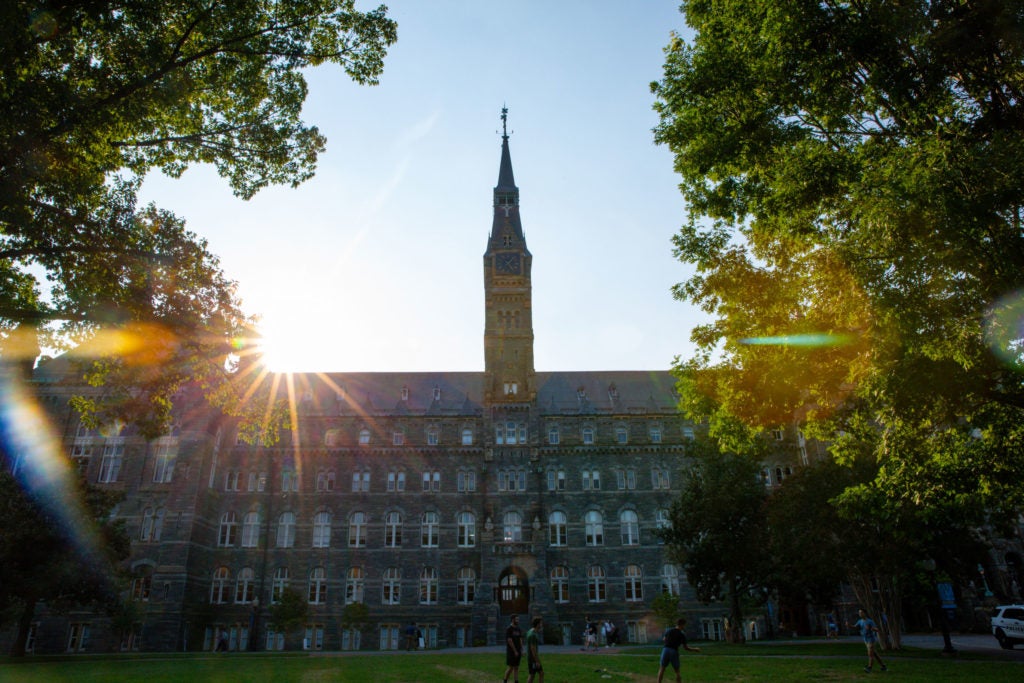
"Visions for the Future: Charting New Horizons" at Governments Academy encapsulates our forward-looking perspective, embodying our commitment to shaping the future of public service both within the United States and on the global stage. This vision recognizes the ever-evolving challenges and opportunities in governance, necessitating a proactive and innovative approach to public administration education.
In the United States, GA is attuned to the shifting political and social dynamics, focusing on preparing leaders who can navigate and influence the future landscape of American governance. This includes addressing emerging issues such as climate change, technological disruption, social justice, and economic resilience. GA's vision is to not only respond to these challenges but also to anticipate and shape future policy trends and governance models.
Globally, "Visions for the Future" reflects GA's role in cultivating leaders capable of contributing to international policy dialogues and collaborations. Understanding that global challenges require global solutions, GA is committed to fostering a generation of public servants who are well-versed in international relations, cross-cultural communication, and global policy-making.
This forward-looking approach is underpinned by continuous innovation in our curriculum, research, and partnerships. By integrating cutting-edge academic theories with practical policy applications, GA ensures that its students are equipped with the skills, knowledge, and foresight necessary to lead in an increasingly complex and interconnected world.
"Visions for the Future: Charting New Horizons" is not just a statement of intent; it is a commitment to excellence and leadership in shaping the future of governance, both at home and abroad.
Back to Top
